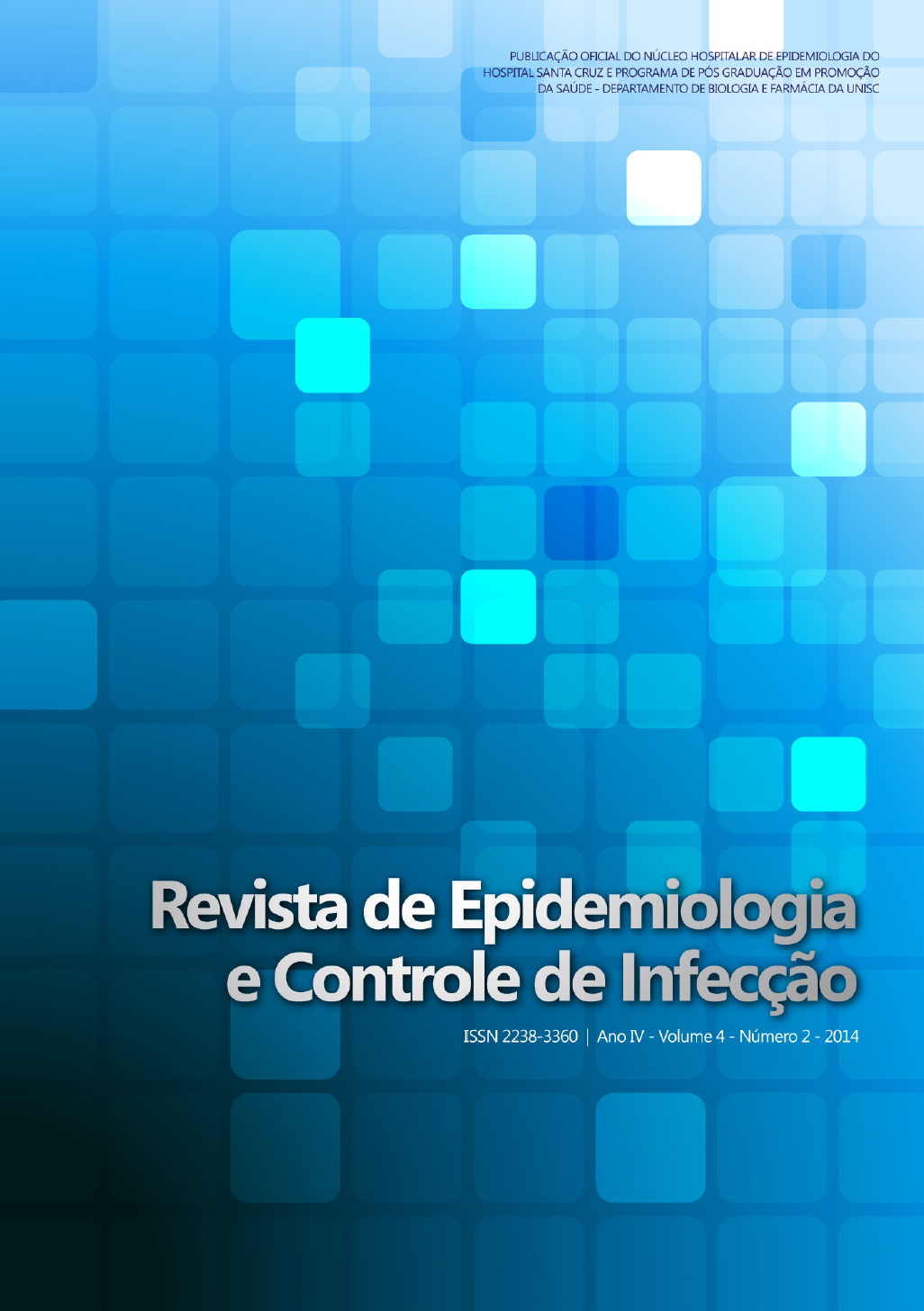Aspectos sociodemográficos e comportamentais dos usuários de um centro de testagem e aconselhamento para DST/aids da rede municipal de Belém, Pará, com sorologia positiva para o HIV
DOI:
https://doi.org/10.17058/reci.v4i2.4210Resumen
Justificativa e Objetivos: Os Centros de Testagem e Aconselhamento (CTA) caracterizam-se pela oferta de ações voltadas para a testagem sorológica anti-HIV e de aconselhamentos pré e pós-teste que envolve a coleta sistemática de informações permitindo conhecer importantes características epidemiológicas e comportamentais associadas à soropositividade por HIV dos usuários do serviço. Este estudo teve como objetivo descrever os aspectos sociodemográficos e comportamentais dos usuários com sorologia positiva atendidos no maior CTA do estado do Pará, entre 2008 e 2010. Métodos: A coleta e análise de dados foram realizadas com base no Sistema de informação do CTA (SI-CTA), nos testes sorológicos e entrevistas de 547 usuários soropositivos respeitando todos os preceitos éticos. Resultados: Quanto às características epidemiológicas, 60,6% eram homens, com média de idade de 33,4 anos, 54,2% eram solteiros, 77,6% pardos, com 8 a 11 anos (54%) de escolaridade e na maioria heterossexuais (64,3%). Em relação ao uso de preservativos, 53,7% (IC95% 33,4; 41,7) com parceria fixa e 40,2% (IC95% 14,5; 21,1) com parcerias eventuais relataram o não uso de preservativos nas relações sexuais. Dentre os principais motivos para o não uso de preservativos destacaram-se a confiança no parceiro (a), a não disponibilidade no momento da relação e outros motivos. Conclusão: Os resultados sugerem que embora haja similaridades em relação à atual tendência da epidemia de HIV/Aids, existem peculiaridades em nossa região que merecem intervenções preventivas diferenciadas. DESCRITORES: Infecções por HIV. Epidemiologia. Soroprevalência de HIV.Descargas
##submission.downloads##
Publicado
Cómo citar
Número
Sección
Licencia
The author must state that the paper is original (has not been published previously), not infringing any copyright or other ownership right involving third parties. Once the paper is submitted, the Journal reserves the right to make normative changes, such as spelling and grammar, in order to maintain the language standard, but respecting the author’s style. The published papers become ownership of RECI, considering that all the opinions expressed by the authors are their responsibility. Because we are an open access journal, we allow free use of articles in educational and scientific applications provided the source is cited under the Creative Commons CC-BY license.


